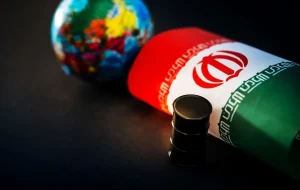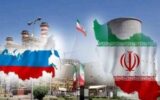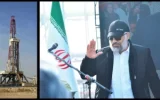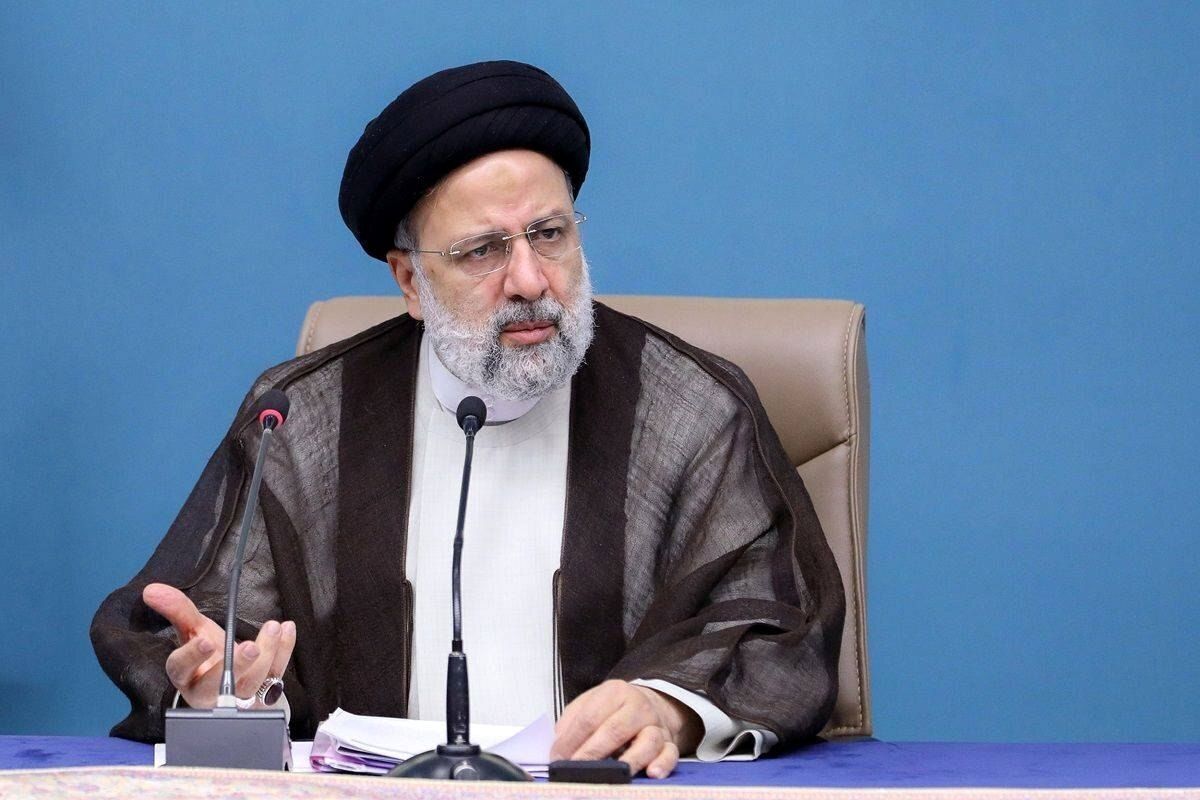
Growth in oil production and exports despite economic recession
Central Bank statistics indicate a 1.1% growth in oil production and exports in the first half of 1404; a growth achieved during an economic recession and alongside a 0.6% decrease in the country's gross domestic product.

The Yellow Dragon’s Addiction to Iranian Oil / Billion-Dollar Savings for Chinese Refineries
Estimates by the Kepler Institute show that China purchased over 80% of Iran's exported oil in 2025, with daily imports averaging around 1.38 million barrels, equivalent to approximately 13% of China's total seaborne oil imports.

Member of the European Parliament: Trump is after Iran’s oil
Mantro stated at the European Parliament meeting with the EU's Foreign Policy Chief, Kajsa Kallas, that Trump is after Iran's oil.
Breaking News

New gas pricing system aims to support low-consumption consumers and achieve subsidy justice
The Director of Coordination of Gas Supply Affairs at the National Iranian Gas Company announced: "The new natural gas pricing system, in addition to supporting low-consumption and low-income groups, creates the necessary incentive to save and optimize consumption in unproductive economic sectors, and this is an important step towards sustainable energy supply and achieving justice in the distribution of subsidies."

Gas consumption pattern correction to be applied to subscribers’ bills from mid-November
The spokesperson for the National Iranian Gas Company announced that the implementation of the resolution to amend the natural gas consumption pattern has begun in early October, saying: "Since the period for reading subscribers' gas meters is 45 days, the gas bill amendments will be fully implemented from mid-November."

Petrochemical Investment Manager: Capital Market Can Become the Financing Engine for Petrochemical Projects
The Investment Manager of the National Petrochemical Company emphasized that the government's duty is not to be an operator, but rather to be a policymaker and regulator, and said: "Global experience shows that the appropriate combination of government support and freedom of action for the private sector brings the best results in attracting capital and sustainable development."

Untold secrets of the Crescent case: Billions in fees for Iranian lawyers in exchange for an offer of 8 Emirati cents
During the Ahmadinejad administration, some people without the necessary expertise entered the case and made wrong decisions. While, according to documents, some Iranian lawyers received between one and one and a half percent of the export amount as a fee. In contrast, the Emirati side had offered a much lower figure, around 8 cents per unit of gas.

Localization of technical knowledge for casting 42-inch centrifugal pumps in the oil industry
The executor of the Gore-Jask crude oil pipeline construction project said: "Relying on the power of knowledge-based companies and domestic manufacturers, Matan Company succeeded in localizing the technical knowledge of casting the body of 42-inch centrifugal pumps."

Tavakoli: $42 billion investment is projected for the gas industry
He pointed out that the National Iranian Gas Company has taken effective steps today towards efficiency and optimization of energy consumption, adding: "Among the projects implemented in this regard is the pilot of Karvar companies in seven provinces of the country, which, according to predictions, will lead to an increase in energy efficiency of more than 10 percent."

Iran is the world’s third largest gas producer, but it is one of the worst consumers
The CEO of the National Gas Company emphasized the need to reform the energy consumption pattern, develop micro-investments, and improve productivity at the International Conference on Investment and Financing of the Oil, Gas, and Petrochemical Industries.

20-ring increase in completed oil wells in one year
The National Iranian Drilling Company announced that 72 oil wells were completed in the first half of this year, an increase of 20 compared to the same period last year.

Arak Machine Manufacturing Board Resigns Over Petrochemical Project
This resignation is related to a project called Hirsa Polymer Sahand Petrochemical, which has serious uncertainties about how it will be handed over to a second-hand contractor.

Moscow’s energy exports to Central Asia are decreasing; can Iran replace Russia?
Following Ukraine's attacks on Russian oil refineries and the reduction in the country's fuel exports to Central Asia, Iran has a unique opportunity to fill Russia's void in regional markets. But can Iran seize this opportunity despite sanctions and domestic challenges?




